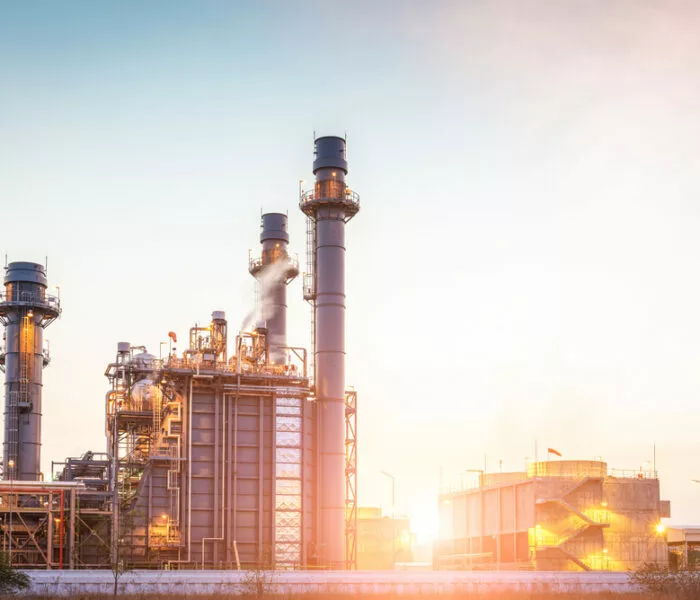In the heart of Southeast Asia, Thailand’s edible oil industry has long been a cornerstone of the nation’s agricultural landscape. With a rich history of palm and vegetable oil production, it plays a vital role in both domestic consumption and international trade. However, in recent years, the industry has faced a significant challenge in the form of increasing power prices, prompting a search for innovative and sustainable energy solutions.
Enter biomass fuel and the magic of cogeneration. Biomass fuel, such as wood chips and residues from the agricultural sector, has emerged as a renewable energy source, significantly reducing the industry’s carbon footprint. The ingenious integration of steam turbines powered by biomass fuel has allowed Thailand’s edible oil industry to embrace cogeneration, a system where both electricity and usable heat are simultaneously produced. This dual-purpose approach optimizes energy output, helping the industry offset the impact of increasing power prices while maintaining environmental sustainability.
Cogeneration powered by biomass fuel is not only a cost-effective solution but also a powerful tool in reducing greenhouse gas emissions. It aligns with Thailand’s commitment to combating climate change and supporting a greener future. Thailand’s edible oil industry’s adoption of this innovative energy generation model not only enhances its energy self-sufficiency but also sets an inspiring example for other sectors in Thailand and beyond to explore similar sustainable energy solutions.
The increasing power prices may have posed a challenge for Thailand’s edible oil industry, but it has responded with a forward-thinking strategy. By incorporating biomass fuel and steam turbine cogeneration, the industry has proven that it is possible to meet rising energy demands sustainably while reducing environmental impact. As Thailand’s edible oil sector pioneers this approach, it points the way forward for other industries to follow suit, driving a more energy-efficient and eco-conscious future.
Turtle Turbines is one of the most reputed steam turbine manufacturers in India for power generation, suitable for operation on the saturated and superheated steam boilers operating in various Industries. Based in India, the company focuses on providing sustainable solutions for power generation and configurations to meet the needs of different applications. For more information please visit on www.turtleturbines.com
Turtle Turbines is one of the most reputed Steam Turbine Manufacturers In India. For more information visit now https://turtleturbines.com






